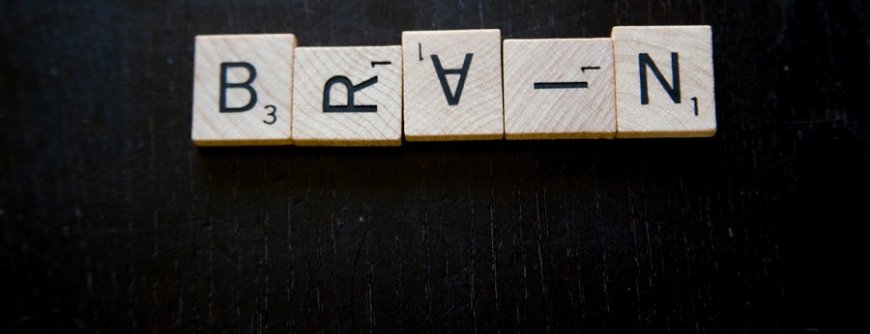Anagram as an exerciser for children's brain
History has preserved the name of the poet of Ancient Greece, Lycophron, who composed and recorded anagrams. It was the third century BC.

Studies of the brain during and after solving anagrams yield encouraging results
History has preserved the name of the poet of Ancient Greece, Lycophron, who composed and recorded anagrams. It was the third century BC. The poet was engaged in classifying the books of the Alexandrian library - the largest collection of books in the ancient world.
An anagram is a testament to the inquisitiveness of the mind and a literary device that consists in permuting the letters of a certain lexeme and obtaining another word or a word that has a different meaning.
The recorded lexeme is of crucial importance in human culture. People who have a word still command respect. And what does it mean to have a word, to write, to speak? It means to know, to feel, to love, to choose, to retrieve from memory, to fill with meaning, to record or voice stories, to attract and hold the attention of others.
A person who knows the word is always in demand and exalted. The ordinary language of life does not shine with variety, so now, as in ancient times, the elites teach their children this complex art.
Compiling anagrams is part of the general system of education and mastering the art of speaking and writing. Four hundred years ago, the French king Louis XIII had a personal anagram mist, Tom Billon, for whom the creation of anagrams was a profession. The fashion for it went and came back again, encouraging the preservation of cultural skills among the nobility. And the seventeenth century in European culture is sometimes called the age of anagrams.
The twenty-first century allows us to appreciate the meaning of anagrams not only in a cultural sense, but also as an opportunity to develop the creative nature of a child's personality.
The results of brain research during and after solving such tasks are inspiring. Thanks to the systematic compilation of anagrams from given words, the students who participated in the tests significantly improved the results of solving competitive tasks. There was a noticeable difference in the amount of text memorization, and in the ability to concentrate on a problem for a long time, and, interestingly, the reading speed increased.
Anagram proved to be a good exercise for the developing brain. Patient and consistent parents progress from easy to difficult, offering first simply to assemble jumbled letters into given words, and then to make anagrams from a known word, giving it a competitive spirit. The anagrams on our site make it possible to successfully implement the child's education in this direction.
